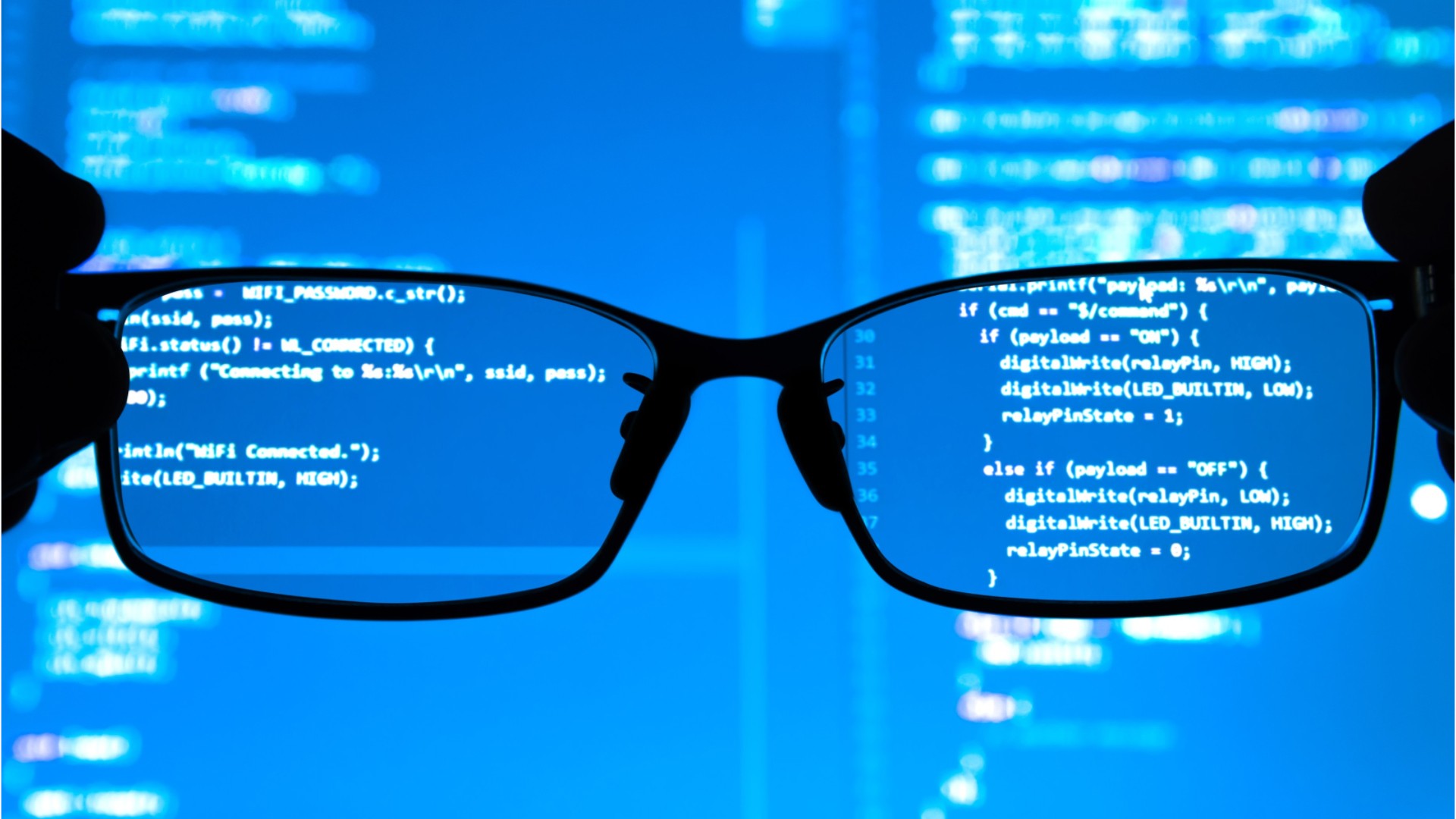Computer & Information Research Scientists
Computer Scientist, Computer Specialist, Control System Computer Scientist, Research Scientist
 Select a military branch to see samples.
No similar titles were found.
Select a military branch to see samples.
No similar titles were found.
Systems Automation Acquisition and Engineering
No similar titles were found.
Cyberspace Warfare Development Officer; Data Systems Specialist
Computer Science and Systems Design; CWO - Information Systems Technician; Cyber RandD Specialist; Cyber Warfare Technician; Electronic Systems Engineering: Computer Systems; LDO - Information Professional; RL - Special Duty Officer - Cyber Warfare Engineer; RL - Special Duty Officer Billet - Information Professional Officer
No similar titles were found.
What they do:
Conduct research into fundamental computer and information science as theorists, designers, or inventors. Develop solutions to problems in the field of computer hardware and software.
On the job, you would:
- Analyze problems to develop solutions involving computer hardware and software.
- Apply theoretical expertise and innovation to create or apply new technology, such as adapting principles for applying computers to new uses.
- Assign or schedule tasks to meet work priorities and goals.
Knowledge
Engineering and Technology
- computers and electronics
- product and service development
Math and Science
- arithmetic, algebra, geometry, calculus, or statistics
Arts and Humanities
- English language
Business
- management
Skills
Basic Skills
- thinking about the pros and cons of different ways to solve a problem
- listening to others, not interrupting, and asking good questions
Problem Solving
- noticing a problem and figuring out the best way to solve it
People and Technology Systems
- thinking about the pros and cons of different options and picking the best one
- figuring out how a system should work and how changes in the future will affect it
Abilities
Verbal
- communicate by speaking
- listen and understand what people say
Ideas and Logic
- make general rules or come up with answers from lots of detailed information
- use rules to solve problems
Math
- choose the right type of math to solve a problem
- add, subtract, multiply, or divide
Personality
People interested in this work like activities that include ideas, thinking, and figuring things out.
They do well at jobs that need:
- Innovation
- Adaptability
- Perseverance
- Achievement Orientation
- Intellectual Curiosity
- Attention to Detail
Technology
You might use software like this on the job:
Development environment software
- Apache Kafka
- Oracle Java 2 Platform Enterprise Edition J2EE
Presentation software
- Microsoft PowerPoint
Analytical or scientific software
- IBM SPSS Statistics
- TensorFlow
Education
Education: (rated 5 of 5)
bachelor's degree or
doctoral degree
usually needed
doctoral degree
usually needed
Job Outlook
Bright
New job opportunities are very likely in the future.
Explore More
- Computer Programmers
- Data Scientists
- Mathematicians
- Operations Research Analysts
- Software Developers
You might like a career in one of these industries:
See more details at O*NET OnLine about Computer & Information Research Scientists.






